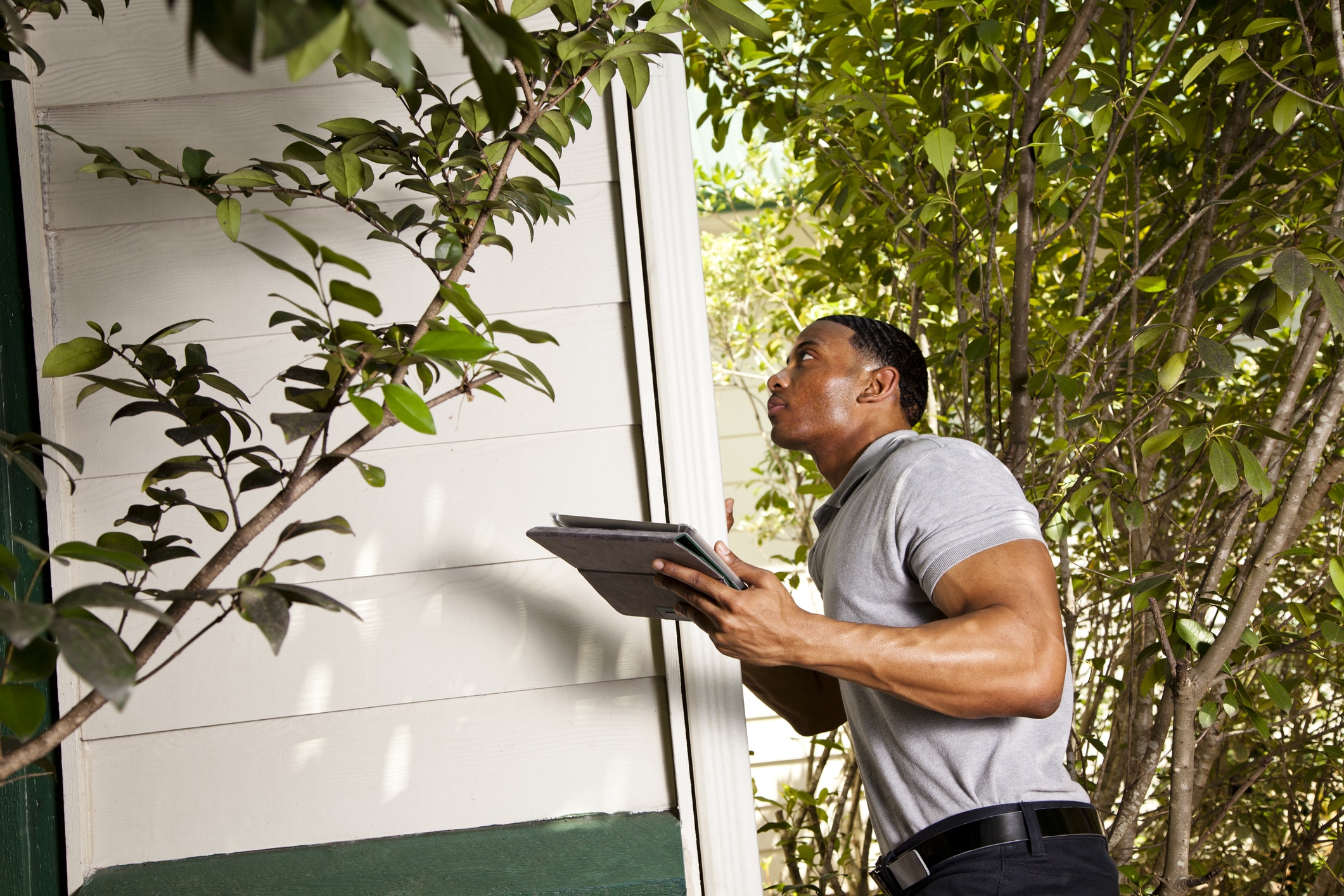
Demystifying Inspections: What to Expect During Your Renovation Loan Project
5/19/2024
Obtaining a renovation loan can unlock the door to transforming your dream home into a reality. However, renovation loans often involve inspections – a step that might seem daunting for some homeowners. Here's a breakdown of what to expect during inspections when undertaking a renovation loan project:

Types of Inspections Involved:
- Pre-Construction Inspection: This inspection, typically required by the lender, assesses the property's overall condition before renovations begin. The inspector will identify any structural issues, safety hazards, or code violations that need to be addressed before renovation work commences.
- Progress Inspections (Optional): Depending on the lender and the complexity of your project, progress inspections might be required at designated stages of the renovation. These inspections verify that the work is being completed according to the approved plans and adheres to building codes.
- Final Inspection: This crucial inspection, conducted upon completion of the renovation project, ensures that all work complies with building codes, safety regulations, and the approved renovation plans. A successful final inspection allows the lender to disburse the final loan amount.
Who Conducts the Inspections?
What to Expect During an Inspection:
- The inspector will thoroughly examine the property, focusing on areas impacted by the renovation. This might involve checking the electrical system, plumbing, foundation, structural elements, and ensuring proper installation of materials.
- The inspector will create a detailed report documenting their findings, including any issues that need to be addressed before moving forward.
- You (and potentially your contractor) will have the opportunity to discuss the report with the inspector to clarify any concerns and determine the necessary course of action.
The Importance of Inspections:
- Protect Your Investment: Inspections safeguard the integrity of your renovation project and ensure the work meets safety standards and building codes.
- Peace of Mind: A successful final inspection provides peace of mind, knowing your renovated space is safe and meets all regulatory requirements.
- Loan Approval: Passing inspections is essential for securing the disbursement of your full loan amount from the lender.
Preparing for Inspections:
- Review the Inspection Timeline: Coordinate with your contractor and lender to understand the scheduled inspection dates.
- Provide Access to the Property: Ensure the inspector has clear access to the renovation area during the scheduled inspection times.
- Maintain Open Communication: Communicate any questions or concerns you have regarding the inspections to your contractor and lender.
Remember:
Inspections are a crucial part of the renovation loan process, ensuring the safety, quality, and code compliance of your project. By understanding the inspection process and working collaboratively with your inspector, contractor, and lender, you can navigate this stage smoothly and confidently, paving the way for a successful renovation project and your dream home.
